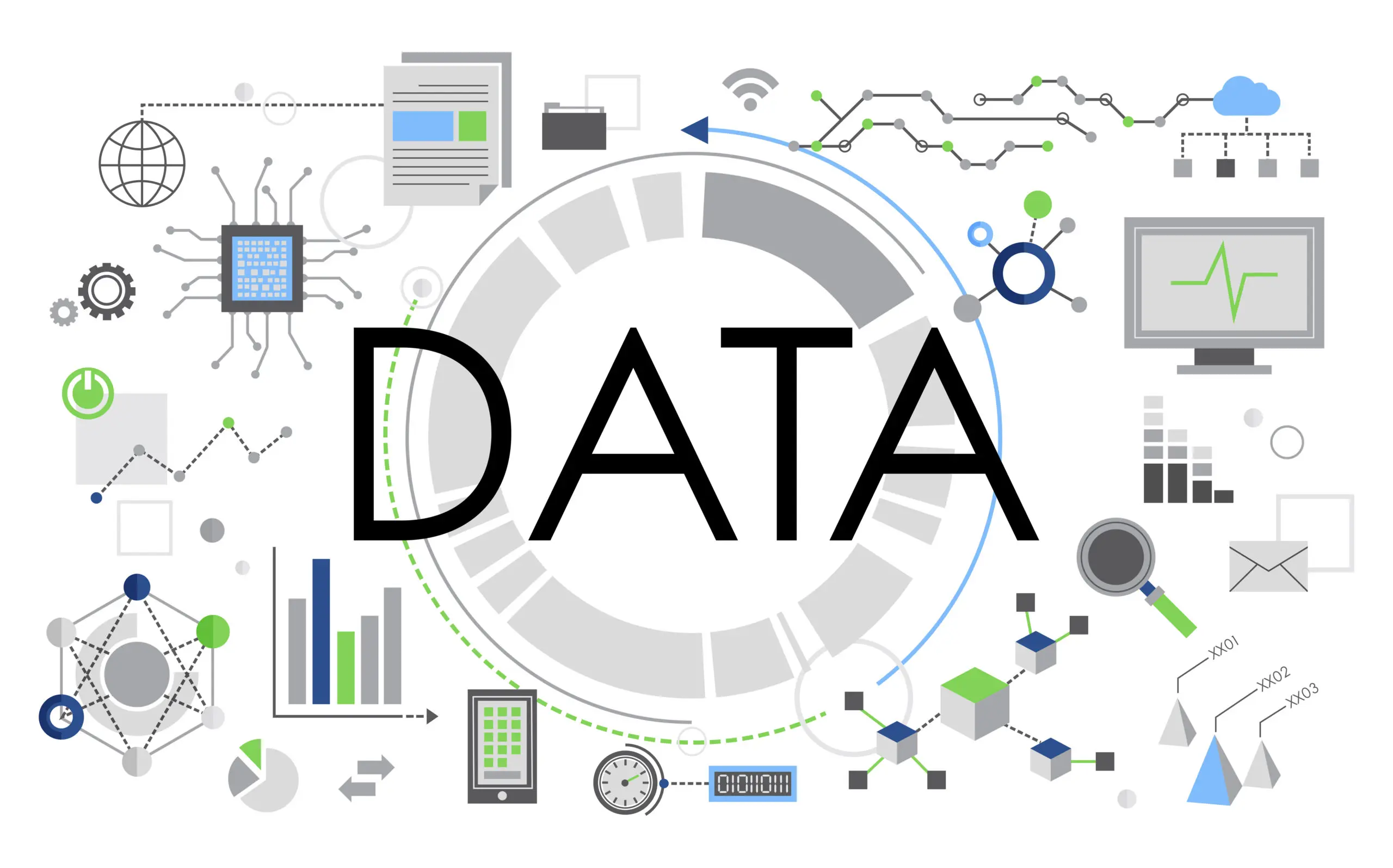Businesses leverage artificial intelligence (AI) techniques to extract valuable insights from massive datasets in the ever-evolving landscape of data-driven decision-making. AI has revolutionized data analysis, empowering organizations to make informed decisions, optimize processes, and gain a competitive edge.
This blog will explore some of the applied AI techniques that are transforming the world of data analysis.
- Machine Learning for Predictive Analytics
Machine learning (ML) algorithms have become indispensable tools for predictive analytics. From simple linear regression to complex deep learning models, ML allows analysts to make accurate predictions and identify patterns within the data. Training models on historical data enable organizations to forecast future trends, predict customer behavior, and anticipate potential risks.
One popular ML technique is classification, where data is divided into distinct categories based on specific attributes. It allows businesses to categorize customers, products, or events, enabling targeted marketing strategies and risk assessment.
- Natural Language Processing (NLP) for Text Analysis
With the rise of unstructured data from various sources such as social media, emails, and customer reviews, NLP plays a crucial role in extracting meaningful insights from textual data. Sentiment analysis, a subset of NLP, helps businesses gauge public sentiment about their products or services, enabling them to respond swiftly to customer feedback and enhance their reputation.
Additionally, NLP-powered chatbots and virtual assistants streamline customer support operations, providing quick responses and improving customer satisfaction.
- Clustering and Segmentation
Clustering and segmentation techniques put similar data points together based on shared traits. These methods are valuable in customer segmentation, where businesses can identify distinct customer groups and tailor their marketing efforts accordingly. By understanding customer preferences and behaviors, companies can optimize their products and services to meet specific demands, leading to higher customer retention rates and increased revenue.
- Anomaly Detection for Quality Control
In many industries, ensuring the quality of products or services is critical. Anomaly detection techniques utilize AI to identify deviations from normal patterns in data, helping businesses detect faults, errors, or fraudulent activities. These techniques help manufacturers prevent defects and maintain high-quality standards, while financial institutions can detect suspicious transactions and combat financial fraud effectively.
- Reinforcement Learning for Decision Making
Reinforcement learning (RL) is a potent AI technique that allows computers to learn from their actions and optimize their decision-making processes. In data analysis, RL can be used to choose the optimal course of action in dynamic and uncertain environments. This is particularly helpful in sectors like logistics, where RL algorithms may improve routes, inventory management, and resource allocation.
- Data Visualization for Intuitive Insights
Data visualization is a fundamental component of data analysis enhanced by AI techniques. AI-powered tools can automatically generate interactive and dynamic visualizations, making it easier for stakeholders to understand complex data patterns. These visualizations facilitate data exploration, uncover hidden relationships, and help analysts communicate their findings effectively.
Take Away
Adopting these AI techniques empowers businesses to unlock the full potential of their data and make informed, data-backed decisions that drive success and innovation.
To learn how to effectively implement and leverage these AI techniques, consider enrolling in AI & ML courses. Signing up for such advanced programs will allow you to fully leverage data resources, obtain valuable insights, and stay ahead of the competition in an ever-evolving market landscape.
Moreover, to gain a deep understanding of data analysis, explore a data analyst course online. These courses offer comprehensive training and hands-on experience with real-world datasets, developing essential data manipulation, visualization, and interpretation skills.
